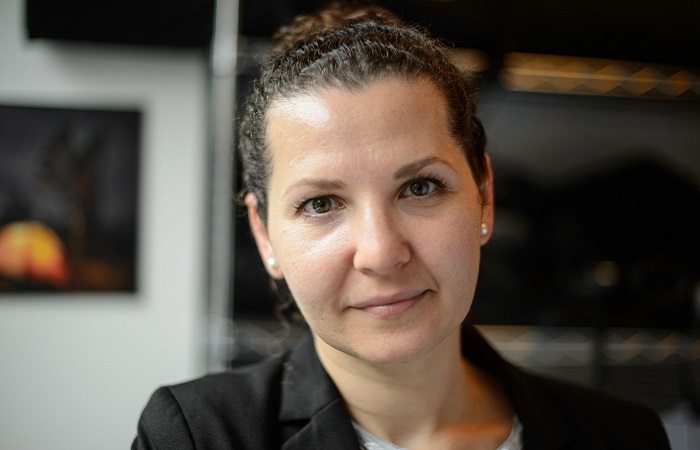
Employee Benefits Reset 2020: In the opening keynote on day six of the Employee Benefits Reset online series, Olga Yakimakho, director of leadership and organisational development at Special Olympics International (pictured), discussed the importance of creating a sense of employee belonging through strong leadership, and how this can impact both job and business performance.
Yakimakho explained how the Special Olympics, which operates in 190 countries, empowers and strengthens its athletes capabilities through a leadership development programmes and methods. “It is aimed at improving their leadership voices and it also prepares them as advocates for inclusion,” she said.
The athletes at Special Olympics have intellectual disabilities, and are all very diverse. Yakimakho explained that there are leadership qualities that the athletes have demonstrated time and again. “The majority of our athletes have lived through dramatic experiences and they have built up incredible amounts of experience,” she said. “Their leadership qualities come from years of being discriminated, bullied, excluded and punished for their differences. But through their difficult experiences, our athletes acquire incredible amounts of empathy, grit and resilience.”
For leaders without disabilities to think about people with intellectual disabilities as leaders is a big shift, said Yakimakho. “This is at the heart of our leadership development approach, called Unified Leadership.”
The approach was based on observations that unless people without disabilities address their biases and change their attitudes and behaviours, no matter how many great leaders the Special Olympics creates, they will not find a level playing field outside of the organisation.
The Unified Leadership approach is based on small, meaningful acts of inclusion that change the fabric of organisations. Learning from difference is also a key feature of the approach, as is meaningful engagement. Yakimakho said: “Inclusive leadership is about identifying where every employee can be most effective and influential.”
Yakimakho added that studies have shown that a lack of belonging is directly linked to poor business results. “Belonging is about every single person on the team, who feel that their work and opinion matter, who get excited about their job, and give their best to the [organisation],” she said. “That is why it is so crucial to reflect what your [organisation] does about empowering managers and team leaders to be able to foster a greater sense of belonging among everyone.”